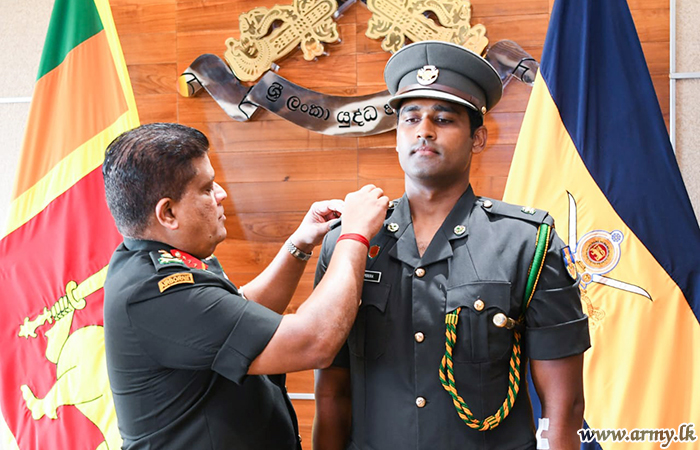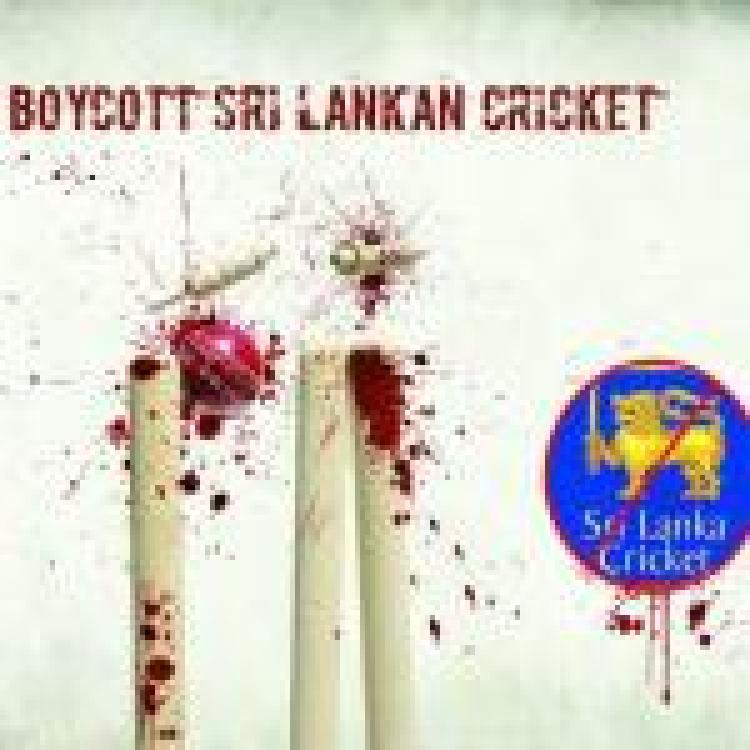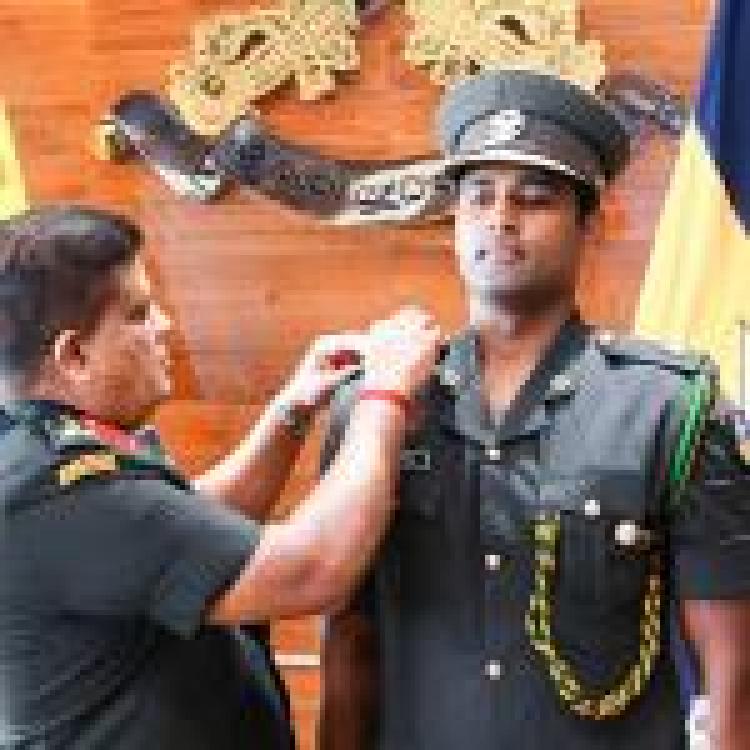![]()
English cricket player Moeen Ali tested positive for COVID-19 on Monday, after the team arrived for a controversial tour of Sri Lanka which has faced opposition from rights activists calling for a sporting boycott.
The tour, which is taking place despite the global coronavirus pandemic, saw players arrive in Sri Lanka last week. After arriving, however, Ali tested positive for coronavirus and is now isolating in a hotel in Hambantota.
England’s cricket team are due to begin their test match on January 14. The players are currently allowed to train at the Mahinda Rajapaksa International Cricket Stadium, a project which was considered a ‘white elephant’ and named after Sri Lanka’s war crimes accused prime minister.
British Tamil activists voiced their concern over the tour and pressed for England players to boycott the series. “This regime oversaw the slaughter of tens of thousands and is the most outwardly chauvinistic in decades,” said Selva, an activist who has worked on the 'Boycott Sri Lanka' campaigns. “The English cricket team touring and training at the Mahinda Rajapaksa International Cricket Stadium will be seen as an endorsement of his racist and supremacist politics. In an era where athletes across the globe are taking principled stands against racism, we urge the England team and players to do the same” he added.
Cricket and the military

Cricket in Sri Lanka has become increasingly linked to the war crimes accused military. In October last year, the Sri Lankan army announced that two of the country’s ‘internationally-famed professional cricketers’ will be commissioned as majors in the military. Thisara Perera and Dinesh Chandimal were both commissioned in at a military event at army chief Shavendra Silva’s office. Silva himself is currently banned from travel to the United States over his role in overseeing the executions of Tamils during the armed conflict.
Read more here : England confirms controversial cricket tour to Sri Lanka despite boycott calls


